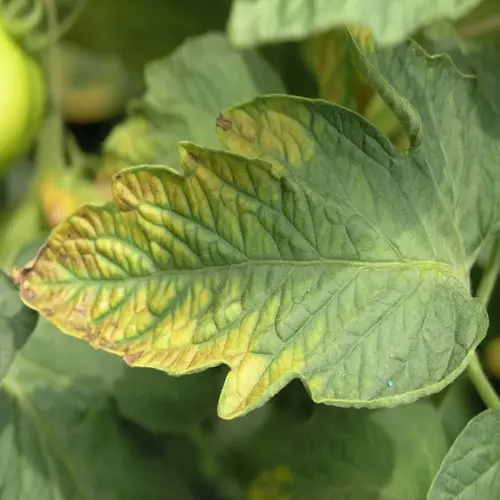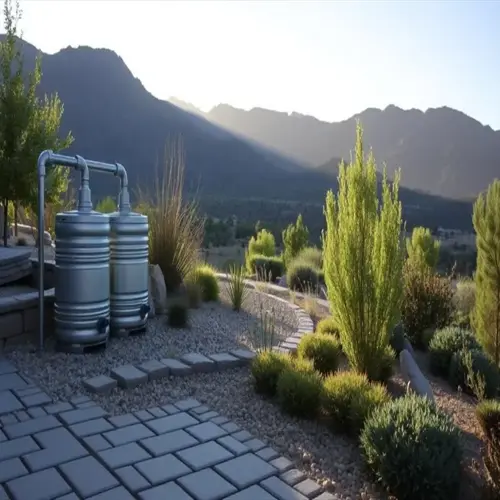Do coffee grounds benefit rose plants?

Written by
Michael Sullivan
Reviewed by
Prof. Samuel Fitzgerald, Ph.D.Coffee grounds provide a rapid nitrogen boost to roses, but over time can lead to soil acidity. Fresh grounds can lower pH and restrict nutrient uptake. Composted grounds provide a safer service and improve soil structure. I have used them in moderation after testing my alkaline soil.
Use grounds only after composting for 2-3 months. Raw grounds compact the soil, creating a water-resistant crust. Mix composted grounds into the top 4 inches of the soil around the drip lines. Never exceed 1 cup of grounds per plant per month. My roses are thriving beautifully as a result of this disciplined application.
Benefits
- Provides 2% nitrogen content for foliage growth
- Improves soil structure and water retention
- Attracts earthworms that aerate soil naturally
- Repels slugs and snails when used as mulch
Risks
- Lowers soil pH risking nutrient lockout below 5.5
- Forms hydrophobic crust when applied fresh
- Contains caffeine that inhibits seedling growth
- May introduce mold if not fully composted
Acid-neutralizing compost. Layer grounds with dry leaves (browns). Use about 2:1 ratio, carbon: nitrogen. Turn every week for even decomposition. After 3 months the average pH is around 6.8: this is safe use as fertilizer for roses!
Mix grounds with other amendments for well-rounded nutrition. I use grounds with crushed eggshells for calcium, and wood ash for potassium. This can be used as a homemade organic garden fertilizer. Screen the mixtures before applying to avoid clumping. Your roses will benefit from the use of unprocessed and natural ingredients.
Regional factors are important. Acidic soils should be used with great caution. Alkaline soils will produce the best results. My garden in Portland needs some applications; meanwhile, my sister's roses in Seattle can tolerate even more. It is essential to test your soil before using any method that incorporates coffee grounds to maximize the benefits.
Read the full article: When to Fertilize Roses: Complete Guide

